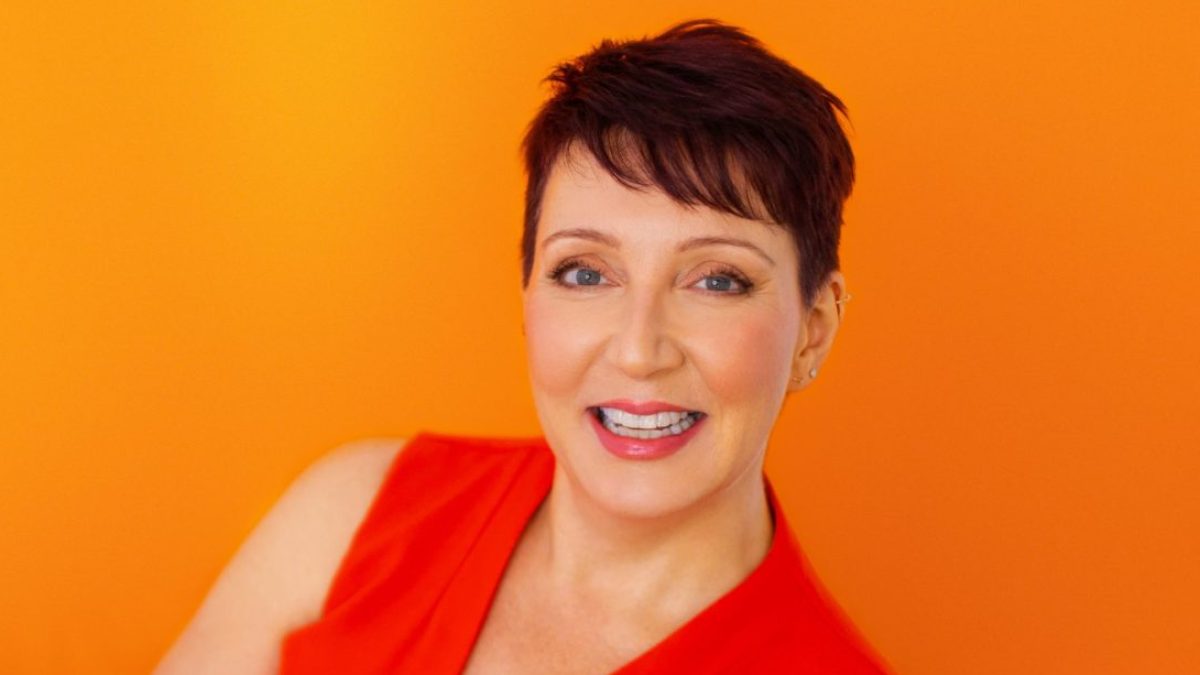As research shows high levels of depression among extreme exercisers, one woman says she became resentful as her husband chose his bike over time with her
Many cyclists and runners believe that intensive exercise is good for their mental health, but a new study disagrees.
New research has found that one in four extreme marathon runners experience worryingly high levels of anxiety and depression as a result of running, or as a form of escapism. Meanwhile, a 2018 study found that intensive exercise can take its toll on wellbeing and can particularly harm romantic relationships.
This doesn’t surprise Katrina Collier, 54, author of The Damage of Words, based in London, whose marriage ended in 2012. Here she gives a glimpse into the breakdown of her marriage and why over-exercising can be a harmful addiction.
Over-exercising was definitely a factor in the end of my marriage. We met in Chicago at a mutual friend’s wedding and were married in 2007. Back then, he wasn’t obsessive about fitness at all. He might have commuted by bike, but that was it. He wasn’t spending hours on it like he later would.
New FeatureIn ShortQuick Stories. Same trusted journalism.
However, while we were dating, he would fly over from the UK and visit me in Australia, where I’m from, and at one point, he paid a lot of money to bring his bike over on the plane. Maybe that was a sign.
Another sign came early in our marriage on an ill-advised, crazy cycling holiday. I wanted to get into cycling so that we could spend time together. I had this idea that we could cycle to Land’s End in the UK. I had no idea how hilly it was. He was so focused on the cycling that he’d ride way ahead and leave me behind. Sometimes he’d come back for me or wait somewhere, but most of the time I was just alone. That holiday was probably the loneliest I’ve ever been on.
As time went on, cycling became everything to him. He’d do long events and 100-mile rides that lasted all day, and I’d come along just to support him. I’d sit there waiting for him to cycle past, bored and disconnected. He never realised how isolating it was for me. It created a lot of unspoken distance between us.
The marriage was becoming secondary to the exercise. The cycling had stopped being a healthy outlet and started becoming an obsession. It was no longer “just a hobby.” It wasn’t just a Sunday bike ride; it was training all weekend and constantly feeling the need to move, to train, to compete.
We lost quality time, especially at weekends. Everything revolved around his events and training. Even intimacy and physical closeness were affected. Over time, resentment grew in me. I’d initially adopted his passion and tried to share it. But it became harder and harder to join in, and my anger built.
I even bought a tandem bike, thinking it could bridge the gap. But he hated it. He’s so competitive that riding slowly, at my pace, felt pointless to him. So the tandem just sat unused in the hallway. It became this silent reminder that we weren’t connecting.
These issues got worse when we started spinning classes together. He made a male friend there, and the two of them would then exercise together. This just normalised the behaviour further. He became so obsessed with the cycling classes that he became an instructor. (He still teaches a class, though it’s more strength-based and very scientific, which suits his analytical brain.)
We separated in 2012, but we stayed living together for a while after and we’re still close now. Living in London makes those arrangements essential as everything is so expensive. I saw how his exercising was affecting his whole life – as well as the divorce, he also lost a big piece of work at the time, and I think he used exercise as a way to numb the pain. I saw how the obsession really took hold, and the “Turbo Trainer” appeared.
He was training for hours every day, sometimes mornings and evenings. He became very thin. He didn’t see it as a problem, but it started affecting his health. He developed breathing problems as a result of too much exercise. It looked something like asthma, though he said it wasn’t. Interestingly, when he finally reduced his cycling, those symptoms disappeared.
Since we divorced, I have tried to heal my own hurt through therapy. I was introduced to the “addiction tree” concept. Both of us had extremely traumatic childhoods; mine involved narcissistic abuse, and he had an alcoholic father. Exercise became his way to numb pain, just as others use substances, shopping, or scrolling. It’s all avoidance. It’s all unhealed trauma.
My advice for anyone struggling with a partner addicted to exercise is this: Learn about their childhood. That’s where you’ll often find the roots of behaviour, trauma, bullying, shame, or low self-esteem. Those wounds can drive addiction, even in forms that look healthy, like exercise. If you notice your partner becoming obsessive, emotionally unavailable, or physically unwell from it, those are red flags.
In my memoir, The Damage of Words, I write about how healing is possible for everyone. I grew up learning to manage my mother’s emotions to stay safe. That led to love addiction, chasing validation through relationships, and creating fantasies of love and security that would crumble after a few dates. It took years of therapy and self-work to heal that. It’s been a long journey. But I’ve learned that all addiction, whether it’s exercise, love, anger, or scrolling, is ultimately about avoiding pain. Once you face that pain, everything changes.
He’ll talk about it with me now, which is massive. In time, I’ll be able to help him get the support he needs. That’s already a huge step from when we separated.

